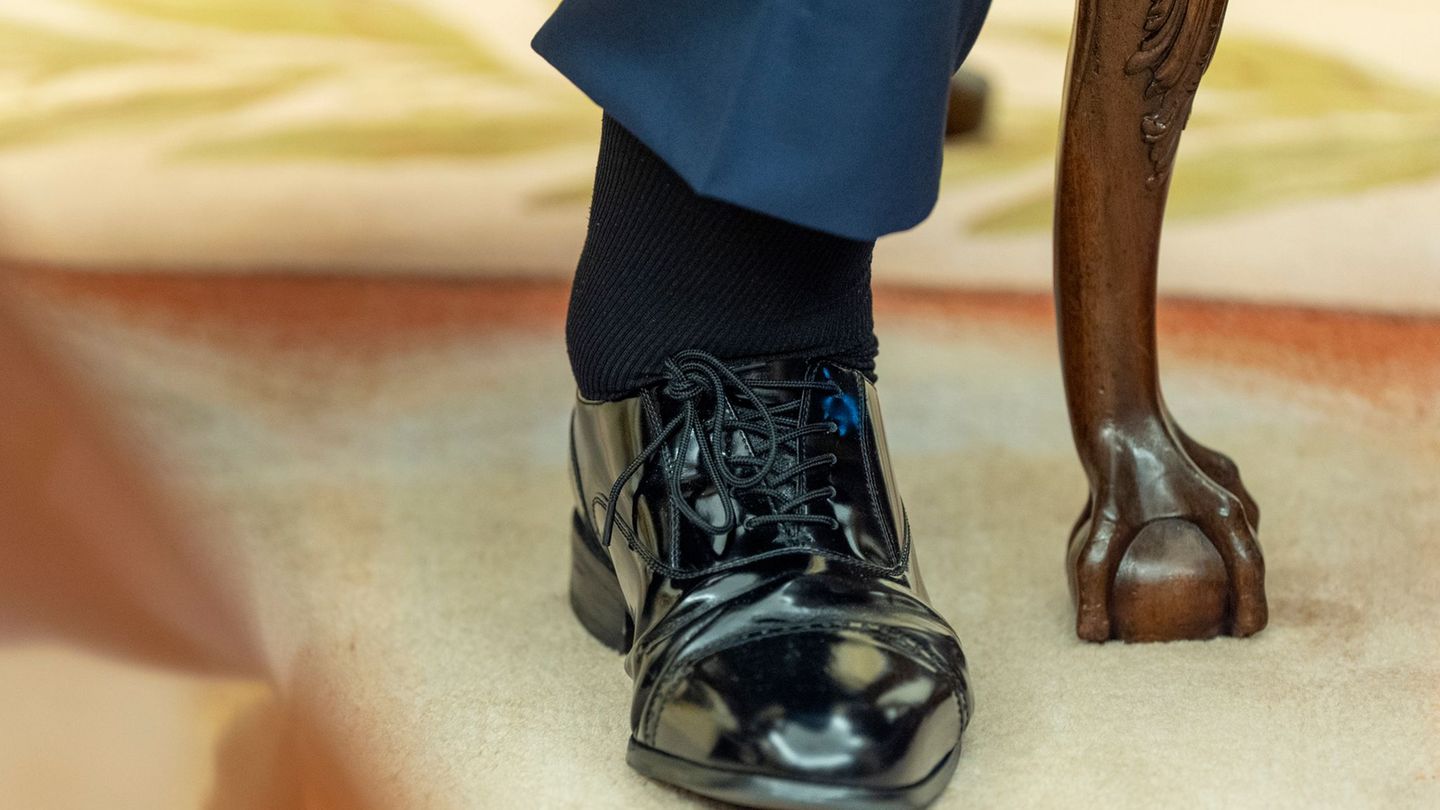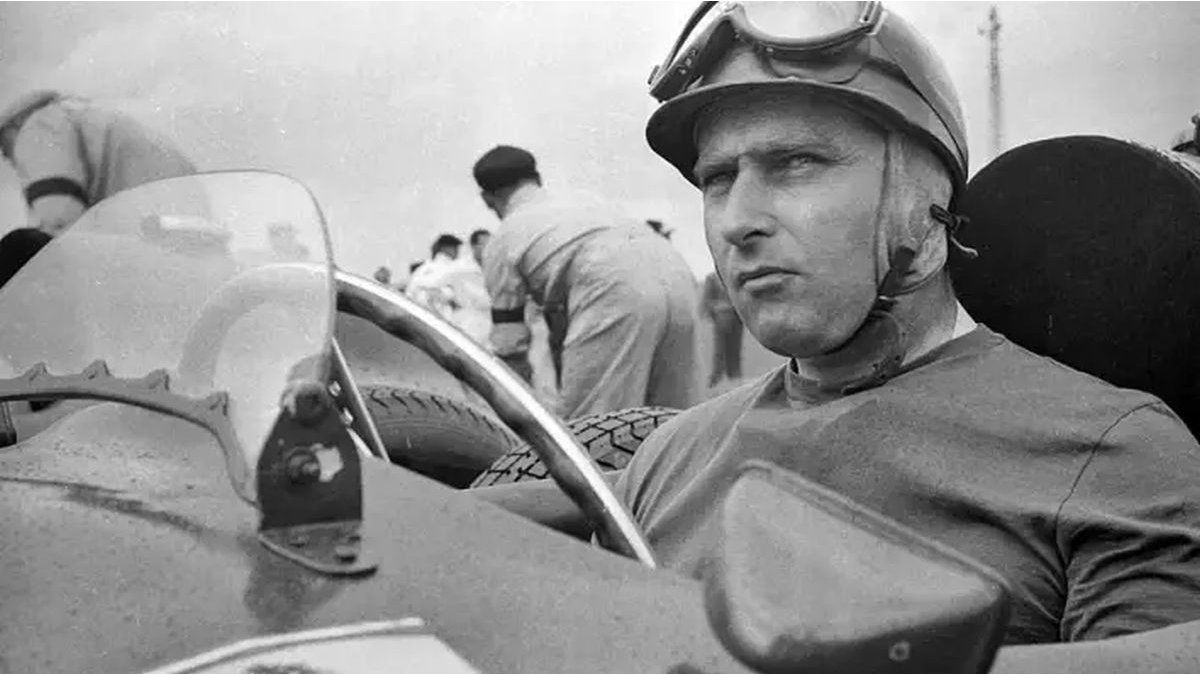The Catholic Church in Germany wants to renew itself, but decisions from Rome have caused disillusionment. Nevertheless, the members of the Synodal Assembly are determined to advance reforms.
The second synodal assembly of the Catholic Church in Germany in Frankfurt am Main continued on Friday with discussions on the subject of power in the church.
For some of the participants, feelings about the reform process fluctuated between impotence and determination. “The decisions of the Pope have sobered many,” said the Benedictine sister Philippa Rath. The Pope had not accepted the resignation of the Hamburg Archbishop Stefan Heße, which he had offered in connection with the handling of cases of abuse in the Archdiocese of Cologne. Francis also decided that Cardinal Rainer Maria Woelki from Cologne should remain in office.
This has certainly also led to the fact that many traveled to Frankfurt with “mixed feelings”, said Rath in her interim balance sheet. However, she has the impression that a large majority of the participants in the synod are still in favor of a renewal process. “We owe it to the victims of sexual violence to change something.” The abuse scandal involving sexual violence by clergy and church workers as well as silence and cover-up within the church had triggered the reform process.
The community officer Sarah Henschke emphasized: “We have to solve the problems, then the good in the church can survive again.” She regretted that during the second synodal assembly and the first reading of the basic texts, according to the rules of procedure, it is not possible to specifically hear the vote of the bishops. Even so, it became clearer where the lines and positions between the synodals run.
The Synodal Assembly has 230 members: the 69 German bishops, 69 representatives of the Central Committee of German Catholics (ZdK) – this is the representation of the lay people, i.e. the non-clergy – and 92 representatives of various Catholic professional groups. It deals with four subject areas: the position of women in the church, dealing with power, Catholic sexual morality and priestly celibacy. The four topics are each assigned to a forum that deals with the complex. Each forum has drawn up reform proposals for its area. The second synodal assembly lasts until Saturday.
David William is a talented author who has made a name for himself in the world of writing. He is a professional author who writes on a wide range of topics, from general interest to opinion news. David is currently working as a writer at 24 hours worlds where he brings his unique perspective and in-depth research to his articles, making them both informative and engaging.




